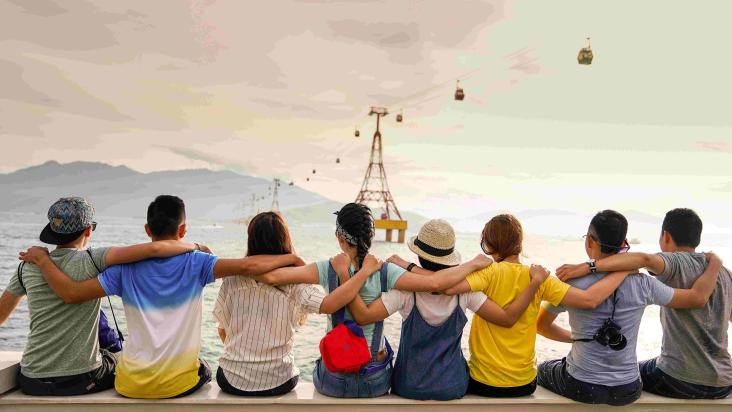This archaeological anthropology paper discusses women's profound contributions to Arctic society. It looks at how needles are, and were, important women’s tools in the Iamal region of Siberia. How women’s sewing skills are crucial for the well-being of Arctic. families. How they form part of the women's cultural identities.
Māori and Pacific families’ experiences and perspectives of cardiovascular care; A qualitative study
Australian and New Zealand Journal of Public Health, Volume 48, June 2024
Māori and Pacific people want to take charge of their heart health but face challenges. Participants described important obligations to family, community and tikanga (the culturally correct way of doing things). Participants described times when health care undermined existing responsibilities, their dignity and/or their mana, and they felt excluded from treatment as a result.
Elsevier,
Resilient Health: Leveraging Technology and Social Innovations to Transform Healthcare for COVID-19 Recovery and Beyond, 2024, pp 955-971
This content aligns with Goal 3: Good Health and Goal 10: Reduced Inequalities by exploring the World Mental Health Report, which discusses the topic of mental health drivers and access to community mental health care in countries across the globe.
Elsevier,
Resilient Health: Leveraging Technology and Social Innovations to Transform Healthcare for COVID-19 Recovery and Beyond, 2024, Pages 713-727
This content aligns with Goal 3: Good Health by emphasizing the importance of overcoming barriers to ensure equitable access to health and well-being for individuals with various impairments, thus promoting inclusive participation in society. It also supports Goal 10: Reduced Inequalities by advocating for the development and implementation of digital and assistive technologies that empower people with disabilities, ensuring they have equal opportunities and resources. The call for disability-inclusive policies during the recovery from the COVID-19 pandemic further underscores the commitment to achieving social inclusion and the United Nations’ Sustainable Development Goals, ensuring that no one is left behind.
This content aligns with Goal 3: Good Health by advocating for a deeper understanding of neurodevelopmental conditions, such as Down syndrome, through a process-based approach that recognizes the dynamic and interdependent nature of development. By shifting the focus from static classifications to understanding the interactions and processes that contribute to neurodiversity, the paper promotes better health outcomes through more effective interventions and support strategies for individuals with these conditions. Additionally, it supports Goal 10: Reduced Inequalities by addressing the limitations of traditional research methods, which can marginalize the experiences of neurodiverse individuals, and by advocating for inclusive research practices that consider diverse perspectives and promote equity in the understanding and treatment of neurodevelopmental conditions.
This study analyses the linguistic and metalinguistic abilities of individuals with Prader–Willi syndrome (PWS).
India alone accounts for around 40% of burden of LF that is a major cause of disability. The authors in this paper propose a few strategies that can assist in creating a robust framework ensuring that the individuals with LF-related disabilities can utilize the provisions made under various schemes, fostering inclusivity and thereby paving the way for improved quality of life



